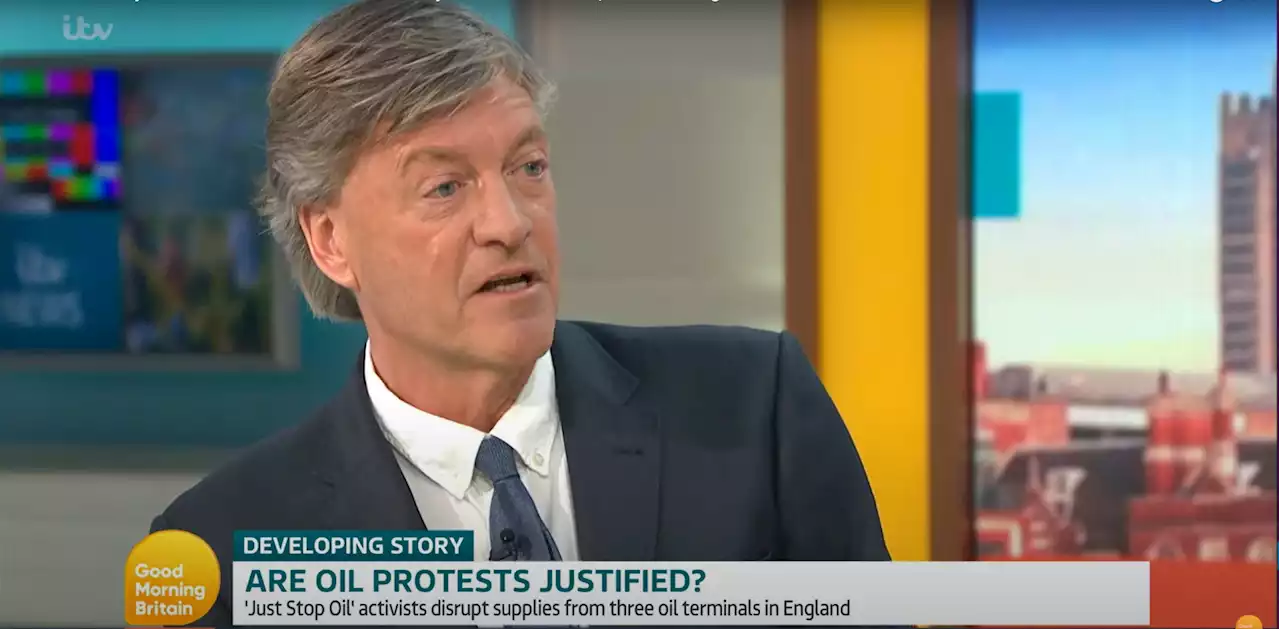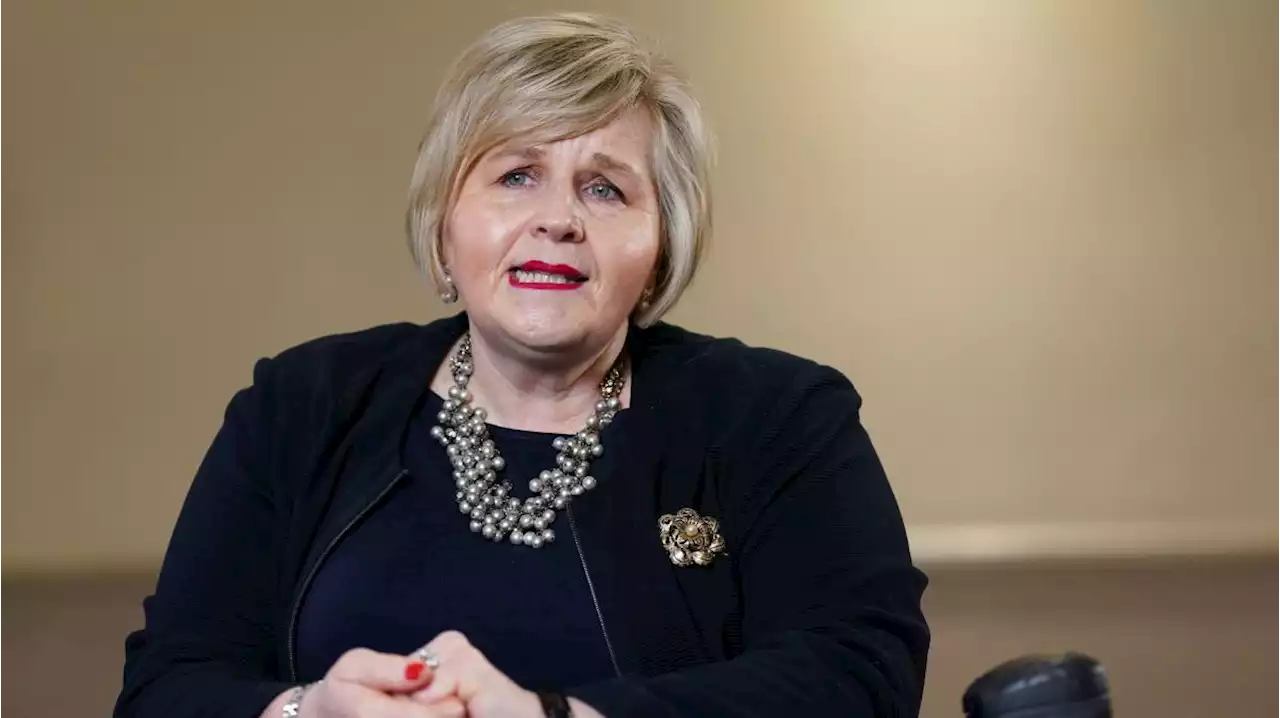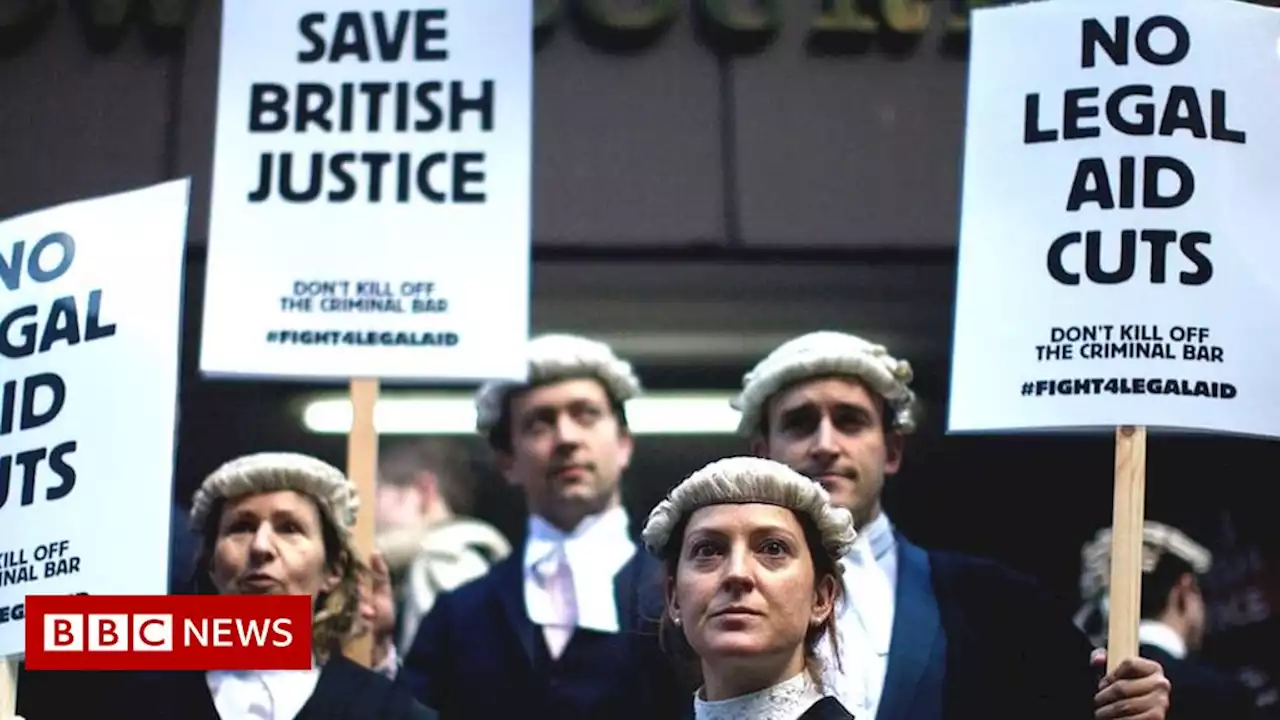The covid-19 pandemic presented an opportunity to use the resulting economic turmoil to stimulate green growth. The response was patchy at best
Save time by listening to our audio articles as you multitaskThese are the warnings delivered by the Intergovernmental Panel on Climate Change in the third volume of its latest assessment report, published on April 4th. It follows earlier tomes, published in recent months, that first laid out the current state of knowledge on the physical science of climate change and then examined the impacts of warming on the human and natural worlds.
“We need to get on with this now or [the goal of] 1.5°C will slip beyond reach,” declared the report’s co-chair, Jim Skea of Imperial College London, when it was published. “If there is no advance in the kind of pledges that countries are making before we get toclimate summit, scheduled for November, “we may well have to conclude that 1.5°C has indeed gone.”
Achieving the 1.5°C Paris goal means that global use of coal must decline by 95% by 2050, relative to 2019. Oil use must drop by 60% and gas by 45% in that period. The decreases needed to limit warming to below 2°C are not much lower. Under all scenarios, there is no room for new unabated fossil-fuel projects , and most existing ones will have to be wound down faster than they would have otherwise.
But these gains are nowhere near what models say will be needed to stabilise the climate before it is too late. Carbon intensity, for instance, declined by 0.3% per year in the 2010s, a fraction of the 3.5% per year that the models say is needed to give a good chance of limiting warming to 2°C. For a 1.5°C goal, the annual improvement would have to be 7.7%.is the inclusion of options for removing greenhouse gases from the atmosphere.
These carbon-removal technologies may see a rapid drop in costs. Proponents point to the recent successes of solar- and wind-energy projects—all three technologies involve small modular components, making them relatively easy to scale up, and fans of the “direct air capture” industry have used the similarities to suggest that their technology will also take off quickly.
United Kingdom Latest News, United Kingdom Headlines
Similar News:You can also read news stories similar to this one that we have collected from other news sources.
 GMB viewers compare Richard Madeley interview with climate activist to Don’t Look UpClimate activists have disrupted the UK’s oil infrastructure in recent days
GMB viewers compare Richard Madeley interview with climate activist to Don’t Look UpClimate activists have disrupted the UK’s oil infrastructure in recent days
Read more »
 Netflix is removing all of these movies this monthAct fast – you only have a small amount of time left to watch them
Netflix is removing all of these movies this monthAct fast – you only have a small amount of time left to watch them
Read more »
 Almost half of NHS maternity services in England are unsafeBabies’ lives are at risk because maternity units are still unsafe years after families raised concerns about preventable deaths resulting from poor care.Of the
Almost half of NHS maternity services in England are unsafeBabies’ lives are at risk because maternity units are still unsafe years after families raised concerns about preventable deaths resulting from poor care.Of the
Read more »
 Thousands of barristers take action over legal aidNearly 2,500 barristers essential to the criminal justice system will start industrial action.
Thousands of barristers take action over legal aidNearly 2,500 barristers essential to the criminal justice system will start industrial action.
Read more »
 Leicester City vs Crystal Palace LIVE: Latest Premier League updatesFollow all the action from King Power Stadium
Leicester City vs Crystal Palace LIVE: Latest Premier League updatesFollow all the action from King Power Stadium
Read more »
